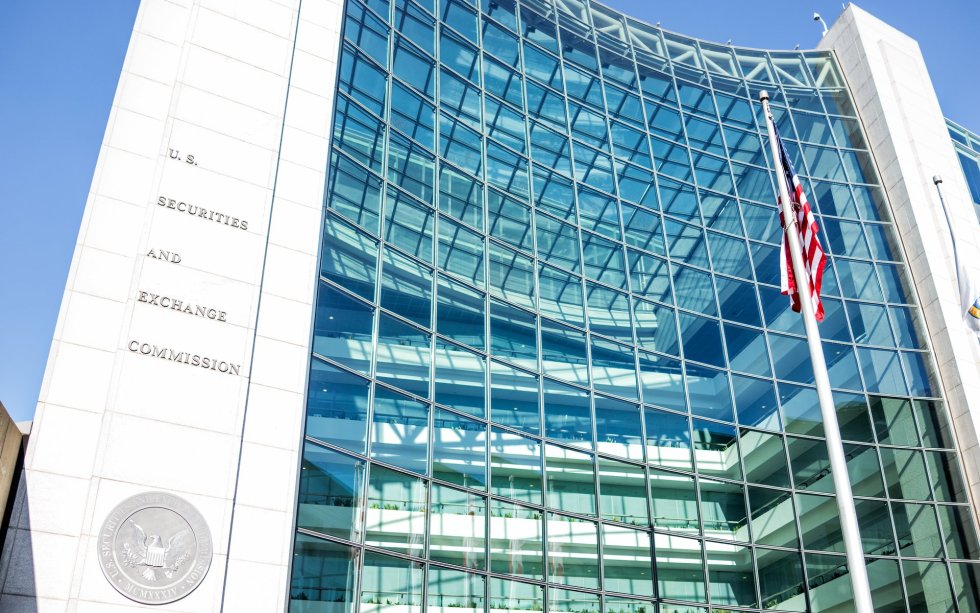After U.S. regulators denied the Winklevoss twin’s request for a Bitcoin Exchange Traded Fund (ETF), the cryptocurrency once again displays its sturdiness and resiliency, remaining above USD 8,000.
Bitcoin Shrugs Off the SEC’s ETF Rejection
Previously, on March 10, 2017, the Securities Exchange Commission (SEC) disapproved the Winklevoss Bitcoin Trust petition to trade the first ever Bitcoin ETF. However, the SEC subsequently granted a petition seeking a review of the disapproval.
Upon this second review, on July 26, 2018, the SEC again rejected the listing of a Bitcoin ETF. If approved, the ETF would have been traded on the Bats BZX, Inc. Exchange (“BZX”).
As an immediate reaction to the SEC rejection, Bitcoin’s price dipped, closing of the trading day at USD 7,951. However, on the following day, the cryptocurrency rapidly pared its losses, shooting back to a high of USD 8,262.
Certainly, the SEC rejection represents a significant setback for Bitcoin’s enthusiasts and investors. Many believed that the SEC’s approval of a Bitcoin ETF could have triggered a major bull run. Indeed, cryptocurrency expert and trader Tom Alford conducted a study, in which he concluded that if the ETF were approved, Bitcoin’s price could have increased by 500 percent.
SEC Commissioner Peirce: The Proposed Rule Change Satisfies the Requirements of Section 6(b)
However, the SEC rejection was not unanimous (3-1). And for the first time, an SEC commissioner publicly declared herself to be sympathetic to Bitcoin.
In effect, disagreeing with the ETF rejection, Hester Peirce asserts that Winklevoss’ request does satisfy Act Section 6, and stated,
I am concerned that the Commission’s approach undermines investor protection by precluding greater institutionalization of the bitcoin market. […] More generally, the Commission’s interpretation and application of the statutory standard sends a strong signal that innovation is unwelcome in our markets, a signal that may have effects far beyond the fate of bitcoin ETPs.
Reacting to Peirce’s statement, Chris Concannon, president and COO of Cboe, wrote, “We are reviewing both the Commission’s notice and Commissioner Peirce’s dissent with interest.”
What next? A Bitcoin ETF is unlikely as long as its existence is in the SEC’s hands. However, for many in the crypto space, as Reddit user AsarJoe put it, Bitcoin does not need “SEC or any other regulator’s approval to function or even flourish.”
Do you think Bitcoin needs SEC approval to function and flourish? Let us know in the comments below!
_________________________________________________________________________
Images courtesy of Pixabay, CoinMarketCap, Shutterstock
